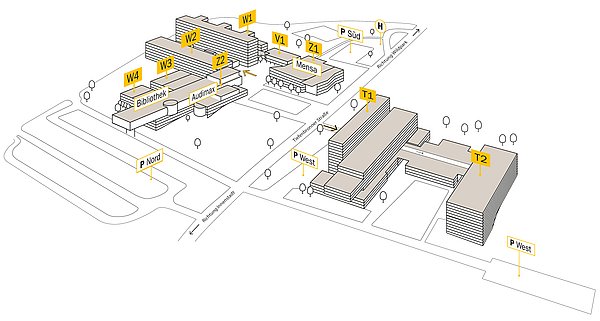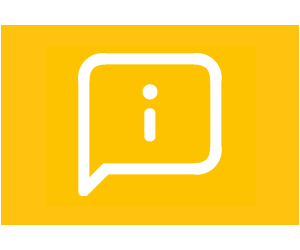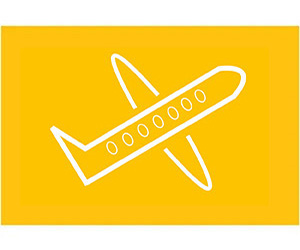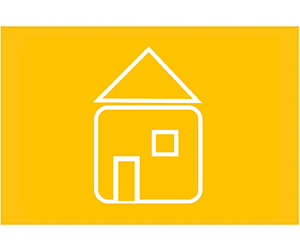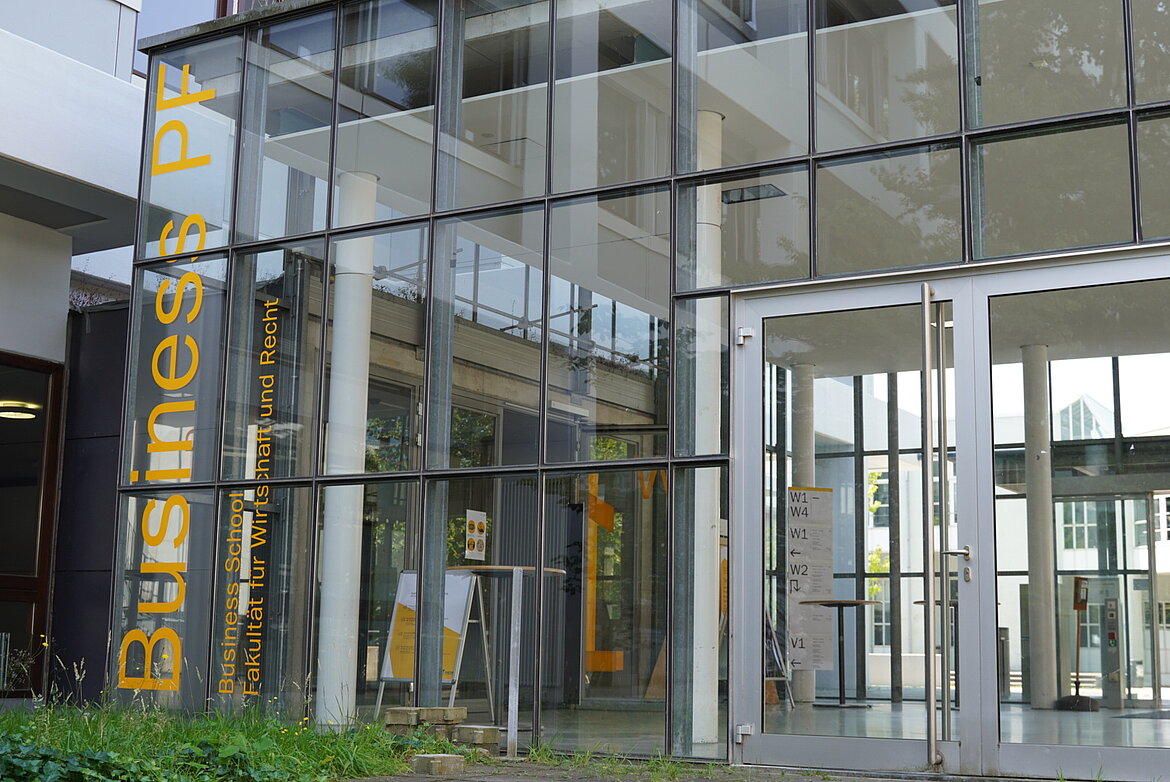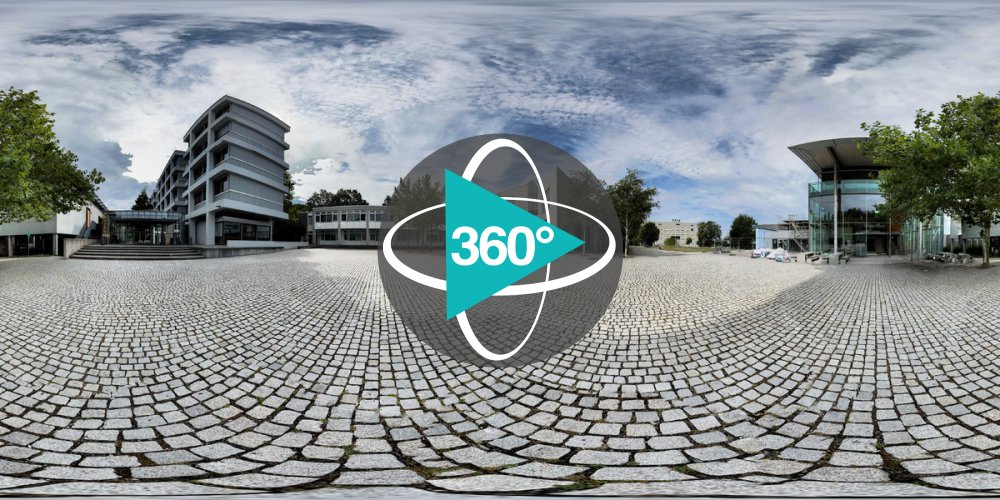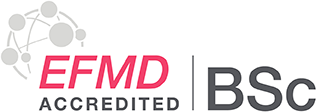Visa Application
As a non-EU student you will need to apply for a student visa at the German Embassy or Consulate in your home country. Some of the required documents for the application are:
- Visa Application
- Letter of Acceptance
- Proof of preliminary health insurance which covers at least the 3 months of your stay
- Proof of financial resources – a blocked account
For the detailed list of requirements please click on the links below
The VisaFlow app guides you through every step of your visa application and helps you settle in. Enjoy free access to VisaFlow — your tool for planning your move to Germany and managing your visa or residence permit process. Use the login details “HSPFORZHEIM25” on the platform of the VisaFlow app to beginn your process.
Note: Schedule an appointment at the German Embassy as soon as possible, as it can take around four weeks to get one. For any visa-related questions, contact the German Embassy or Consulate in your home country directly.
EU citizens and nationals from certain countries can enter Germany without a visa. Citizen of the following countries are allowed to enter Germany without a visa:
- All countries of the European Union and all countries within EFTA (Iceland, Liechtenstein, Norway, Switzerland)
- Citizens of certain other countries, such as the USA, Japan, and South Korea, do not need a visa but must apply for a residence permit at the local Foreigners' Office.
Check this link for a complete overview of visa requirements and exemptions for entering Germany.
Blocked Account
A blocked account is required by German immigration authorities for visa applicants. It proves that you have sufficient funds to support yourself during your stay in Germany.
You must deposit circa 11,900 euros in a German-registered bank account. This money will be frozen, and after you arrive, you can only withdraw approximately 934 euros monthly for your day-to-day expenses.
For more information on blocked accounts please visit:
Although you can open a bank account directly with a bank, not all the branches of a German bank will offer blocked accounts. Some of the German banks which offer blocked accounts include:
The following websites can assist you with the process of opening a blocked account and obtaining a health insurance.
Travel Insurance
For the duration of your travel to Germany and your first days here, taking out a travel insurance policy is recommended. Your home institution might be able to assist you in choosing a travel insurance provider.
Health Insurance
Health insurance is obligatory for all students studying in Germany.
Students from EU countries require a European Health Insurance Card (EHIC). This is a requirement for enrolment. Please note that you must have your health insurance (the blue EHIC card) validated by a German health insurance provider of your choice, such as
Proof of health insurance is essential for your visa application and residence permit in Germany. For your visa, you should get preliminary health insurance covering your first three months. After arriving, you must switch to German health insurance.
We recommend contacting a german health insurance provider before you arrive. They will automatically send proof of your insurance to the university through an electronic system. Use Pforzheim University’s code: H0002143.
For further information on health insurances we recommend to check the following websites:
Students who reach the age of 30 while studying in Germany and who are not insured for at least 12 months in the student tariff cannot switch to the statutory health insurance for students.
For students who are already 30 years of age when they begin studying in Germany, private health insurance may therefore be the better option. Some of the most popular private insurance providers are:
The monthly premium for a student policy is currently about 80 euros. Students from countries with a Social Security Agreement with Germany that includes an insurance clause may be able to show proof of insurance from their home country.
A lot of our students also take the option of insuring themselves through private insurance providers from their respective countries. However, on arrival in Pforzheim they must get a no objection certificate from a state-owned insurance provider.
If you have private international health insurance, you usually need to pay for treatment yourself and then submit the invoice to your insurance company. Check the process with your provider in advance. To avoid complications in emergencies, we strongly recommend getting health insurance in Germany.
Private Liability Insurance
A private liability insurance is not required for international students, but it is recommended. It covers accidental damage to others‘ property or health. The cost is around 40 euros per year, but the exact price depends on the coverage amount and whether you choose a deductible.
If you are looking for accommodation in Pforzheim, you can choose from dormitories offered by private and public institutions, private rental rooms, or shared apartments. The student housing market in Pforzheim is more affordable than in many other university cities, with options in different price ranges.
Students must arrange their own housing, as the university does not handle accommodation applications. It’s best to start your search early since student dormitories often have waiting lists and work on a first-come, first-served basis.
Applying to multiple options will improve your chances of finding a place, especially if your first choice is unavailable.
Rooms in dormitories
The public institution “Studierendenwerk Karlsruhe” offers rooms in student halls near to the University. You can find more information on the dormitories on the website of Pforzheim University.
If you have been assigned a room in a student dormitory, there are a few important steps to complete before moving in. First, you must pay a deposit of around 700 euros to Studierendenwerk. The exact amount and payment details are in your contract. Keep the payment receipt safe, as you will need it to collect your key and to receive a refund when moving out, provided the room is in good condition.
To receive your key, you must present a SEPA direct debit mandate to the housekeeper. You will also sign the tenancy agreement at the housekeeper’s office and provide your bank details as soon as possible so that the monthly rent can be debited automatically.
The janitor will ask you to complete a registration form („Erfassungsblatt“) and submit a copy of your passport.
Monthly rent for dormitory rooms is usually betwee 250 euros and 450 euros. Moving in and out is only allowed Monday to Friday during the janitor’s office hours, so plan your arrival accordingly and schedule an appointment in advance.
Here are other options to be considered:
- Studentenwerk FH e. V.
- Studentenwohnheim Holzgartenstraße 31
- Jugendgästehaus inm Bernhardus, Caritas
- Goldstadt Apartments
Shared Apartments/Apartments:
Security deposit
Landlords may request up to three months of rent as a security deposit (“Kaution”). Provided that there are no damages, you will get the security deposit back after you moved out.
The challenge of mastering a study program not only in terms of performance but also financially is often underestimated. We offer detailed information on various scholarships, foundations, funding awards and other funding opportunities on the university's website (navigation in the menu). Please note the award criteria and deadlines.
The Studierendenwerk Karlsruhe provides information and assistance regarding financial support through BAföG. You will also find information on student loans and scholarships.
If you have the time to work while studying, take a look at the job offers on our career platform JOBS&MORE. Also pay attention to advertisements of the Business School for student assistants (Hiwi positions), as these are very compatible with your studies due to a low number of hours. Also use the job board of the Studierendenwerk Karlsruhe and the mini-job postings of AStA.
The Career Center at Pforzheim University supports you with a comprehensive range of advisory services for your career planning. The advisors at the Career Center are happy to assist you with any questions related to your career development.
- Opening hours: Mo - Fr 09 - 16 h
E-Mail: careercenter(at)hs-pforzheim(dot)de
Transportation regulations
Please make yourself familiar with current transportation regulations and travel restrictions. Also, be sure to check your airline’s size and weight restrictions for luggage before packing.
Adapter
Electricity in Germany is 220V, 50Hz. If you are bringing any electrical devices, you will need an adapter – and since there are several “European” types of connectors, you must be sure you have the right one for Germany. Also, some appliances, such as hair dryers, cannot handle the additional voltage – even with an adapter. Please check the allowable voltage listed on the appliance label.
From German airports to Pforzheim
Trains provide direct connections from some of Germany’s airports to Pforzheim Hbf (main station). Please check your options at Deutsche Bahn.
The nearest airports are:
- Frankfurt am Main – Frankfurt (M) Flughafen Fernbf (There is an ICE which takes you to Karlsruhe Hbf. From there, you can take the train to Pforzheim Hbf)
- Stuttgart Flughafen/Messe (The S-Bahn S3 or S2 takes you to Stuttgart Hbf. From there, you can take the train to Pforzheim Hbf)
- Flughafen Karlsruhe/Baden-Baden – Baden-Airpark (There is a bus which takes you to Karlsruhe Hbf. From there, you can take the train to Pforzheim Hbf)
To the University
The easiest way to get to campus is by bus ("Linie 5"). This bus will take you from the city center to the school at Tiefenbronner Straße 65 (stop Hochschule/Wildpark) in less than 20 minutes. Please refer to the Pforzheim bus schedule.
If you travel by car, you will find a limited number of parking spots close to the university. Please make sure to keep the fire department access roads clear. You may also use the P2 and P3 parking lots of the Wildpark close by free of charge Mondays through Fridays during the lecture period. Please note that before the start of the lecture period and after the exam period, parking there is subject to a fee.
You are also welcome to use the university's carpooling app, which is only accessible to university members. If you log in with the access data of your university account, you can both search for a ride or offer a ride as a driver.
Please refer to the tab „public transport“ for more information on discounted public transportation tickets.
Our central campus consists of four buildings of the Business School which are easily accessible so that you are able to navigate them effortlessly. The Business School's lectures are mainly held in the buildings W1, W3 and W4. The W2 building houses three large lecture halls and several laboratories/computer pools. The Institute for Foreign Languages is also located there. Large events and interdisciplinary lectures are held in the Audimax (inside the glassed-in library building Z2). The campus also offers dedicated study areas for individual research, group work, or for taking breaks. Find out in our e-campus portal which learning and workspaces are available and which ones require a reservation. Take a virtual look around campus with our 360-degree tour below.
